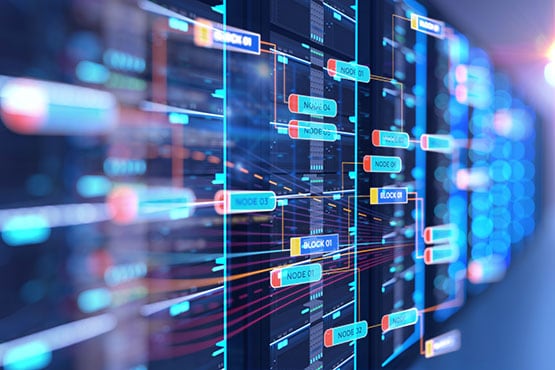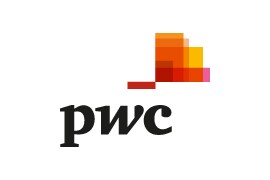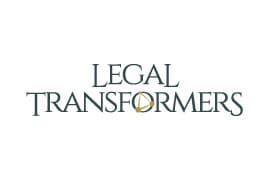The Legal Transformation Programme - What & Why
What is Legal Transformation Programme?
Our Legal Transformation Programme is focused on teaching participants how to create an innovative mindset, and how to apply technologies and business skills towards becoming more competitive and successful in a rapidly changing legal services market. During the programme, participants will experience a match of cutting-edge knowledge supply and hands-on technology application through interactive lectures and workshops delivered by experts from across Europe and beyond.
Who is it for?
This training programme is intended for legal, IT and business professionals employed with law firms and legal departments. If you want to find out how you can become involved and take charge of an ongoing legal market transformation, our Legal Transformation Programme is for you!
Why is this programme important?
Market research results and reports show that 91% of corporate legal departments say it will be important to have a law firm that fully leverages technology. Furthermore, 63% of lawyers expect to increase their investment in software to support legal work, but 36% or fewer lawyers are very prepared to address the most significant legal trends coming at them (‘’The Future Ready Lawyer Survey’’, Wolters Kluwer 2022). Taking the foregoing into account, one could argue that mastering the art of addressing these challenges could be the first and fundamental requirement, not only for legal professionals but also for other business and IT professionals in the legal industry, to stay afloat and competitive in the changing legal market, which is shaped predominantly by new technologies, new competitors, increasing client expectations, technology-based regulation, and events of global magnitude.
This is where we come in.
Legal Transformation - Programme structure:
- Session 1: The Legal (R)evolution (Holger Zscheyge & Srđan Dejanović)
- Session 2: Legal Operations & In-house innovation era (Nenadić Rušnov & Grégoire Miot)
- Session 3: Legal Technologies (Sara Nenadić Rušnov & Jim Chiang
*Maximum session duration 8 hours The Programme is delivered Online.

The Programme is delivered Online.
The Programme is delivered in English.
The Sessions and Workshops are delivered by experts from across Europe and beyond.
Session 1: The Legal (R)evolution
In the first part of the session, after the initial programme and session introduction, we will provide the participants with a comprehensive overview of the current legal market, how it has changed over the years, what were (and still are) the main drivers of that change, how are the (new) key stakeholders facilitating the process and discuss market development perspectives. With the support of the European Legal Tech Association (ELTA), we will analyse the legal tech market landscape on a national/regional/global level, and talk about the dynamic of legal tech adoption, how different countries have implemented innovation and technology in the legal sector. During the second part of the programme, we will explore new business models, methods of legal process optimization, innovative strategies and technologies which can be applied to help legal, business and IT professionals adapt, stay competitive and thrive in a rapidly changing legal services market.
Session 2: Legal Operations & In-house innovation
In session 2, we will dive into the topic of Legal Operations (‘’Legal Ops’’) and explore how today’s legal departments use a set of business processes, activities, and technologies to innovate internally and serve their organization more effectively. In the first part of the session, we will talk about the Legal Target Operating Model, what does the process of transforming a legal department look like in practice from the perspective of the service provider, with a step-by-step roadmap (real use cases). In the second part of the session, we focus more on the client (legal department) side, how do we analyze the structure of these projects with a ‘’business case approach’’ and determine the ROI of legal tech implementation.
Session 3: Legal Technologies
This is where we get a bit more technical. In the first part of the session, we will explain what legal technologies are, how does the legal tech market landscape look like, what types of legal tech solutions are currently dominating the market (Document Automation, Compliance Automation, Practice Management, ODR, E-Discovery, etc.), how each type of solution is being used and how to adequately leverage the value of legal tech in practice. Later in the session we will conduct an analysis of specific technology characteristics, using examples of solutions based on AI (Artificial Intelligence). Our main aim is to explain in simple terms what these technologies can and cannot do, and how technology value is properly aligned with different business models.


Price
For fees, please contact us
Contact us






